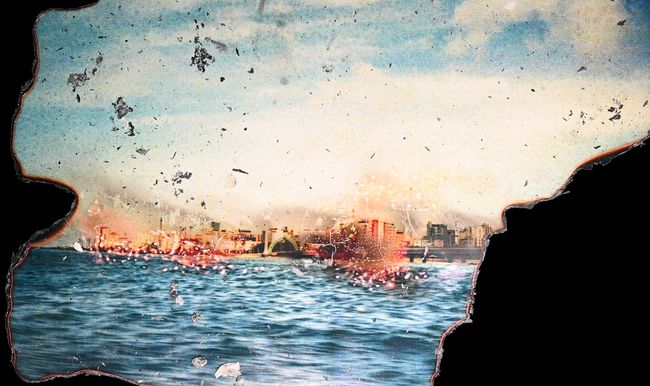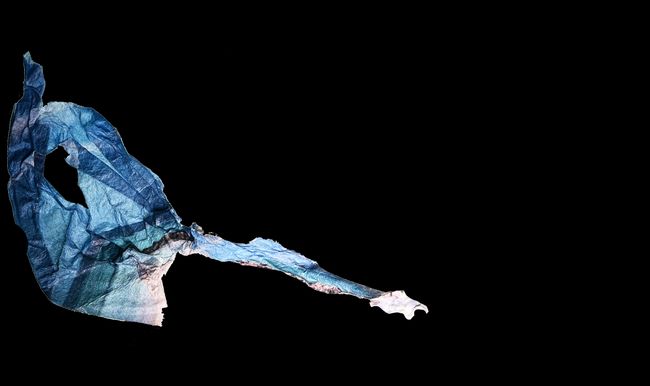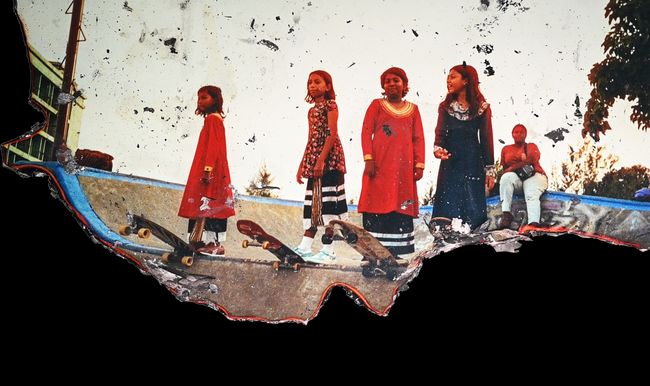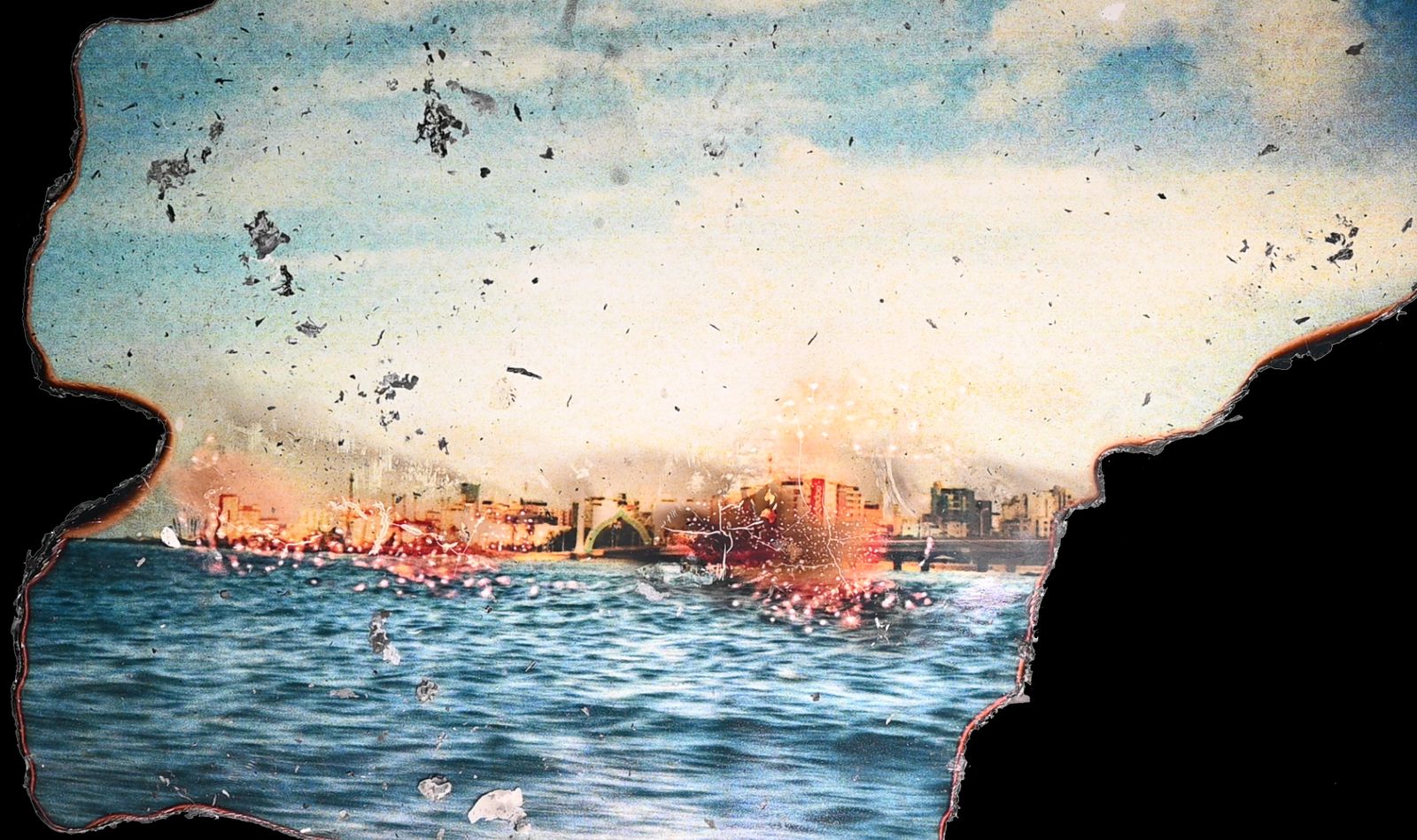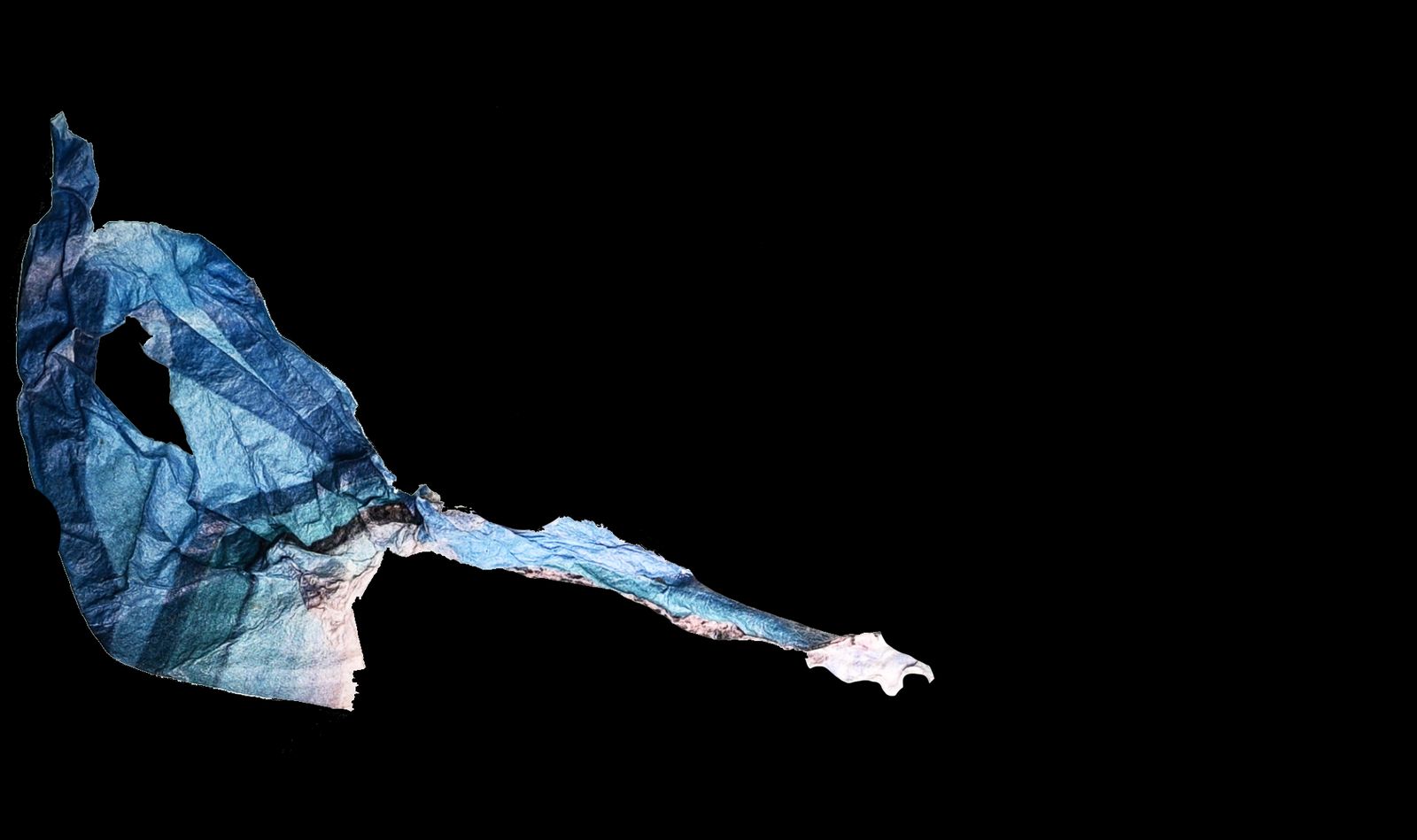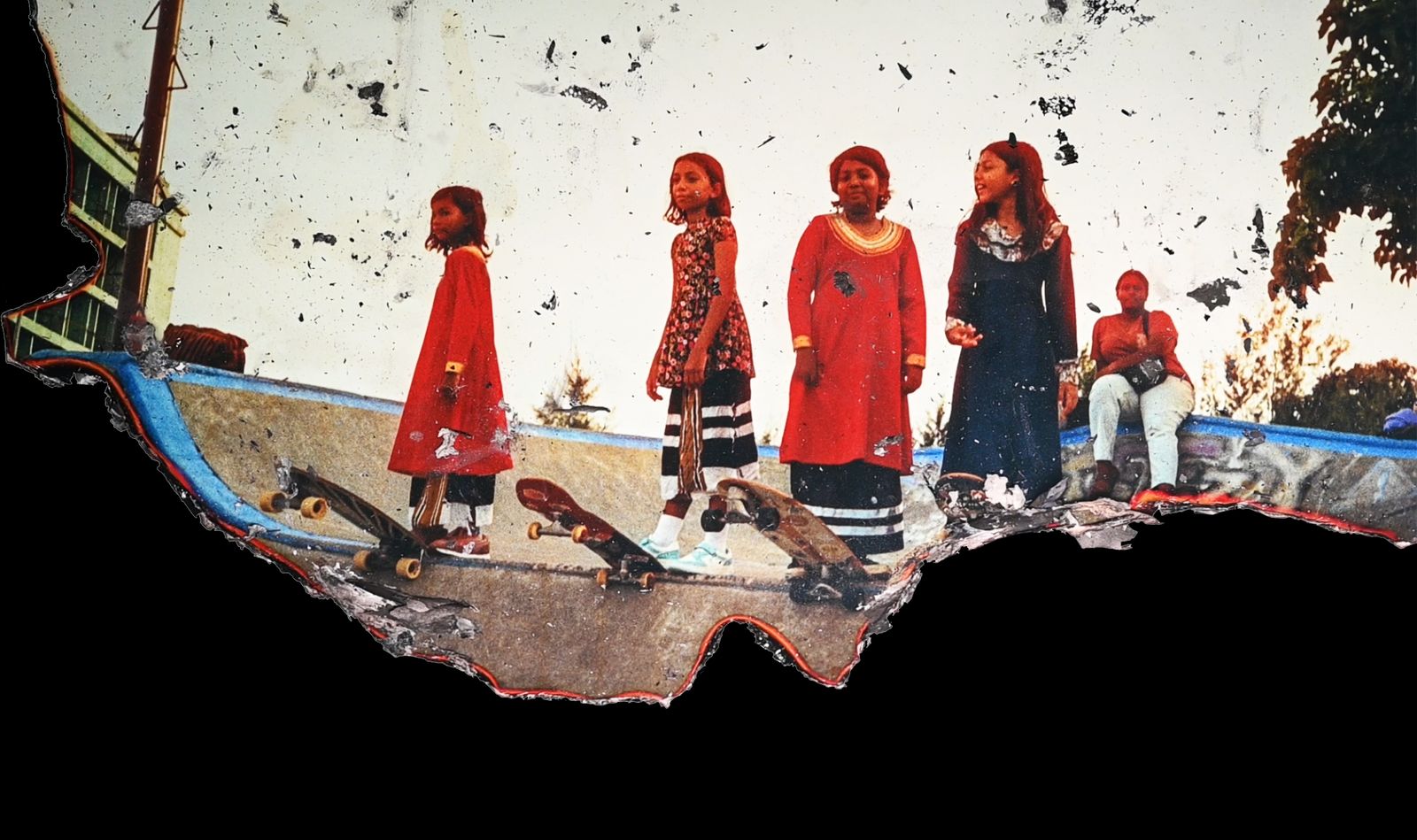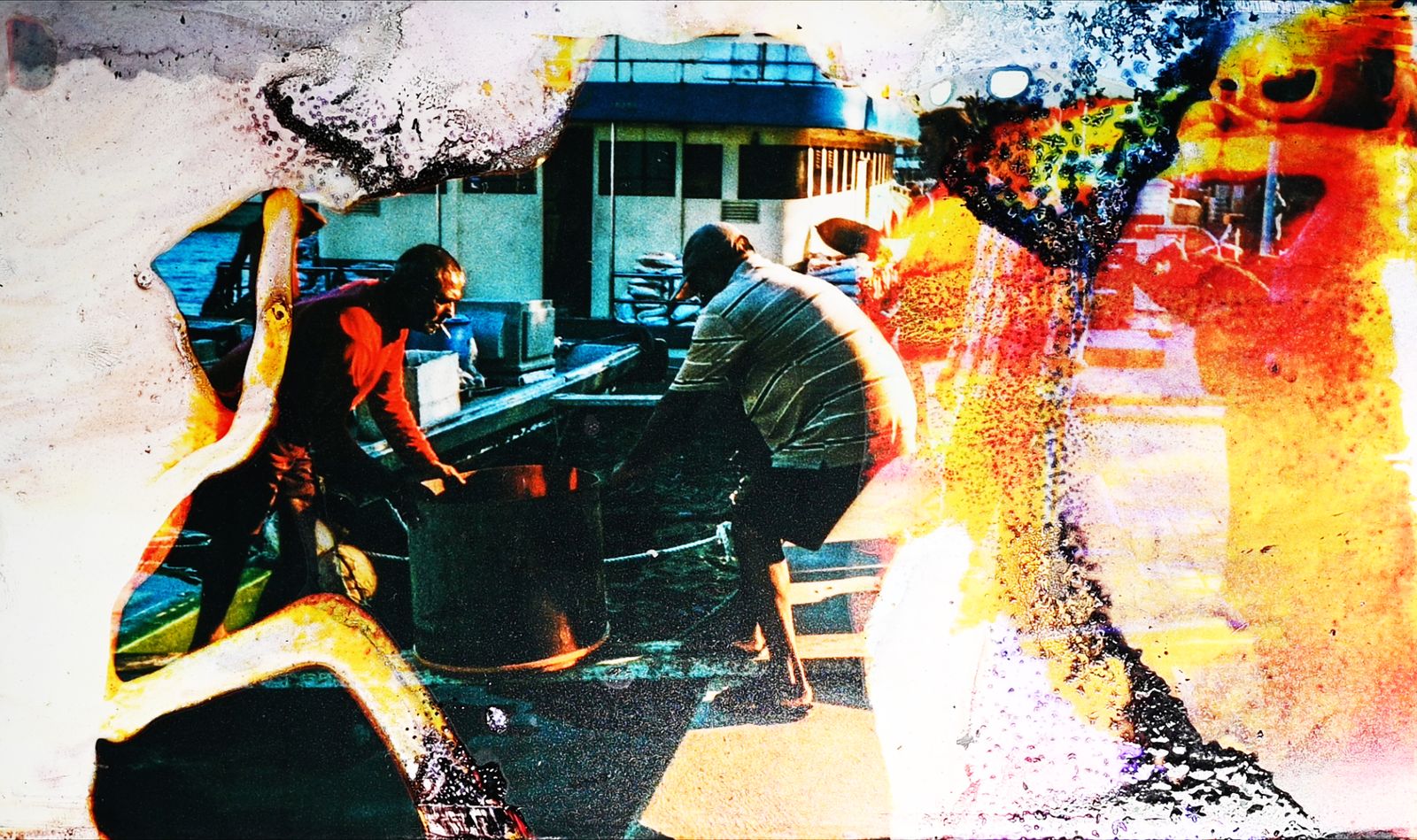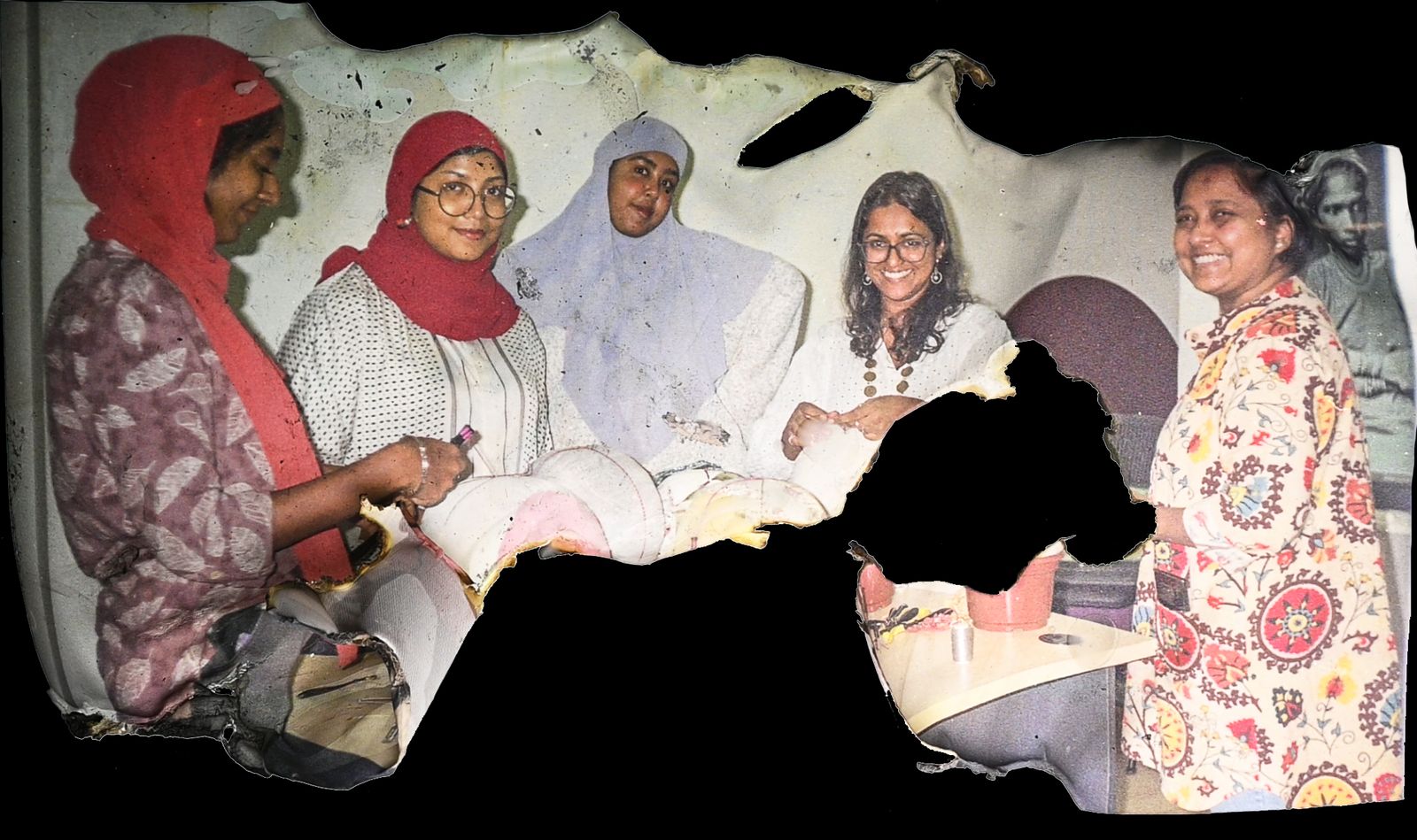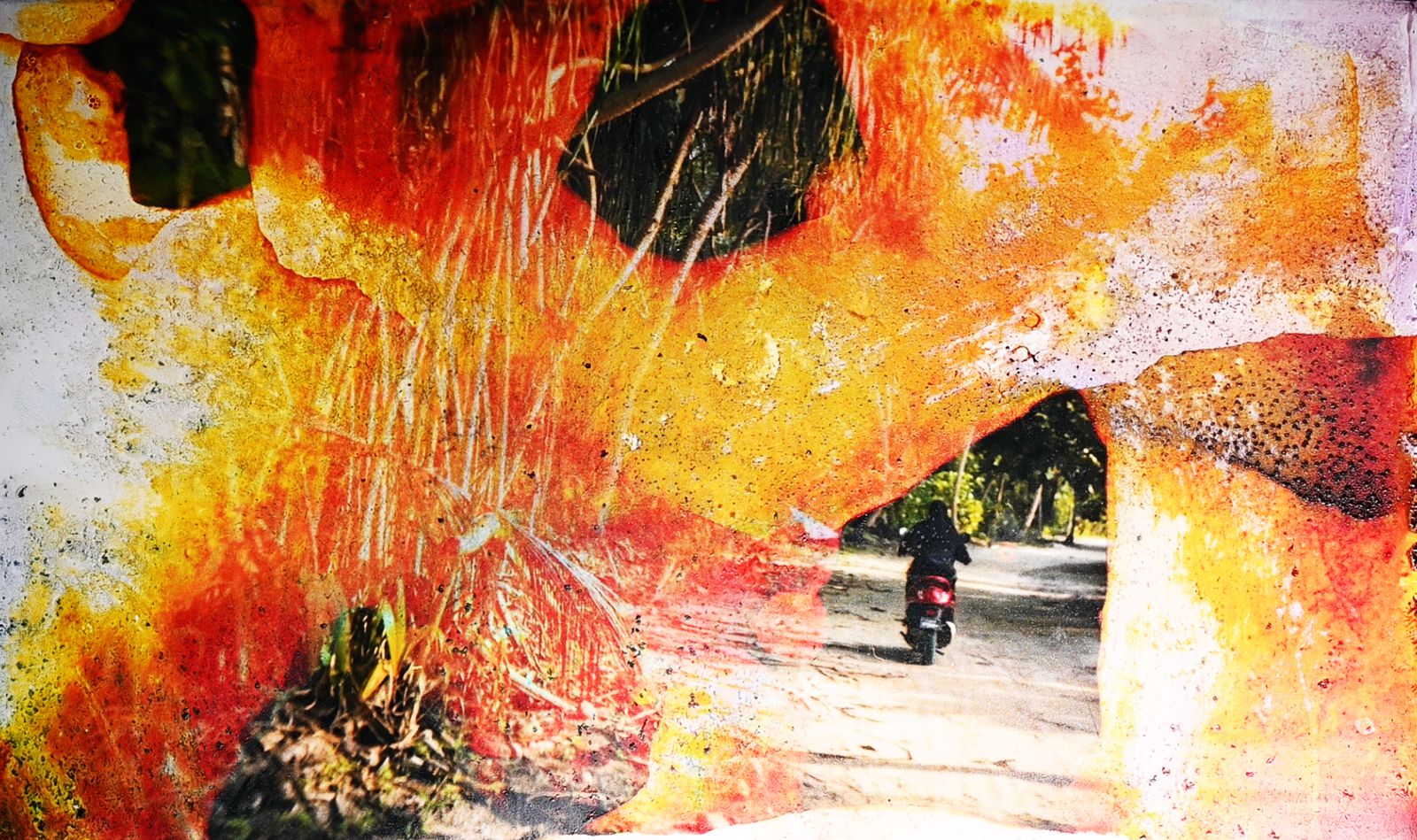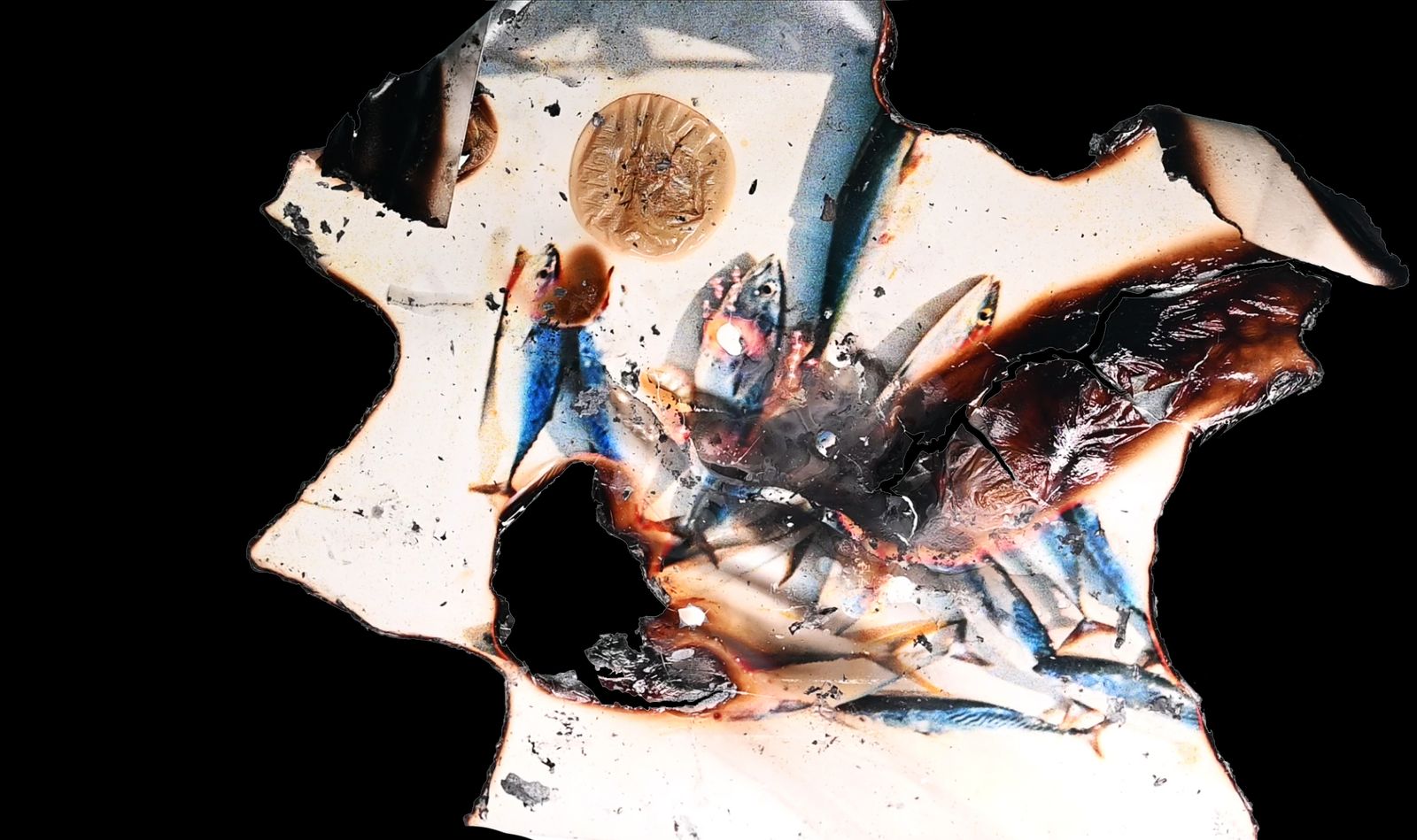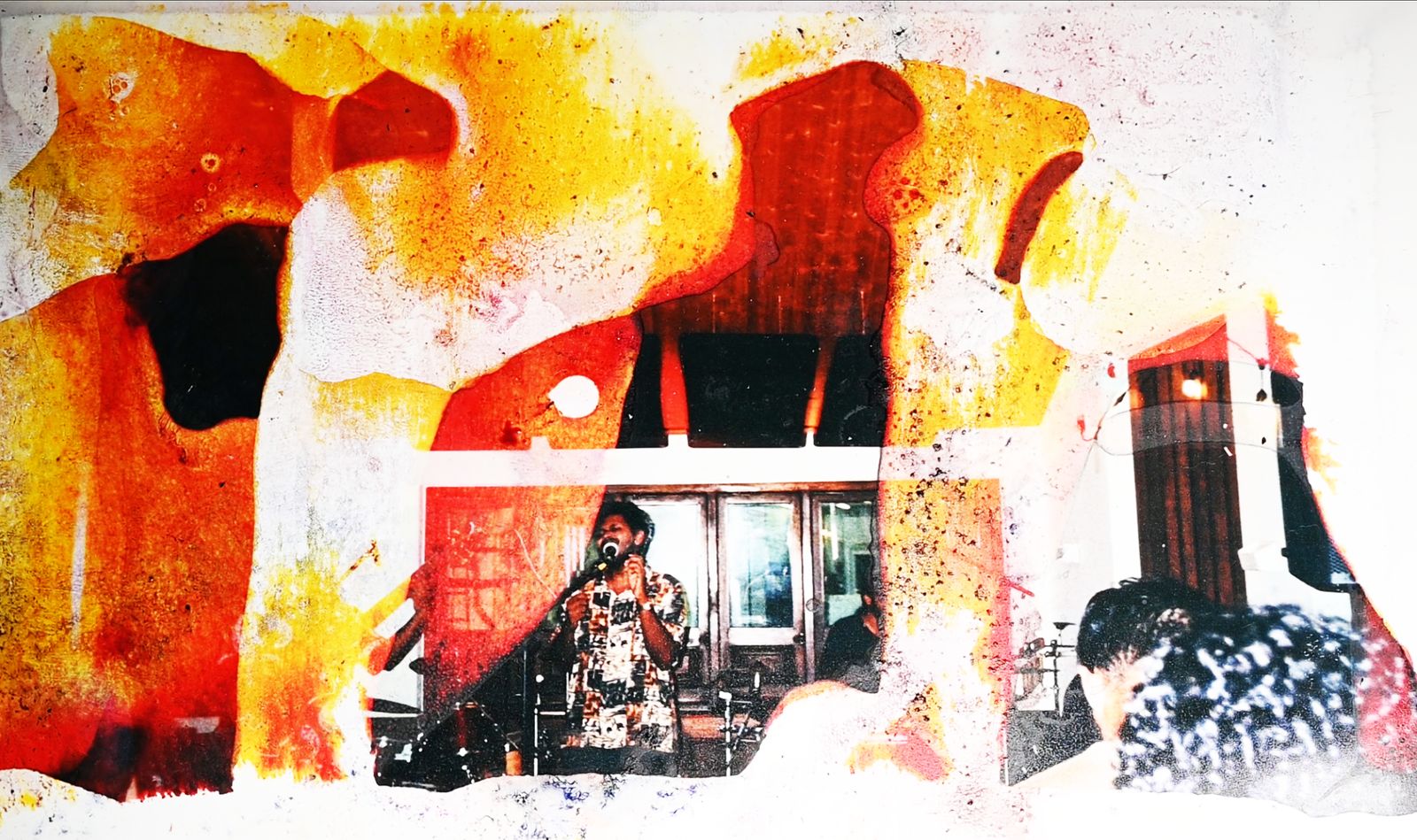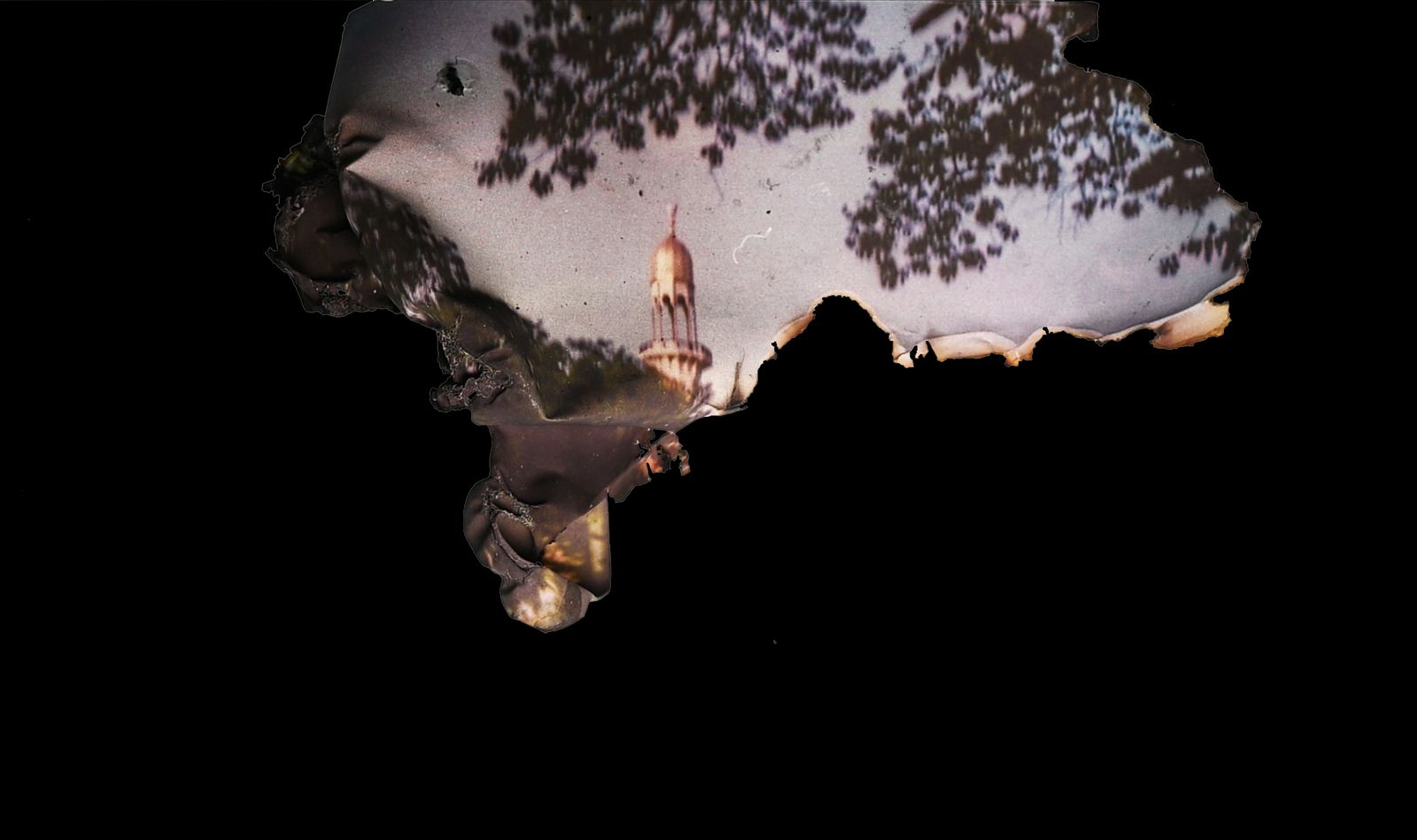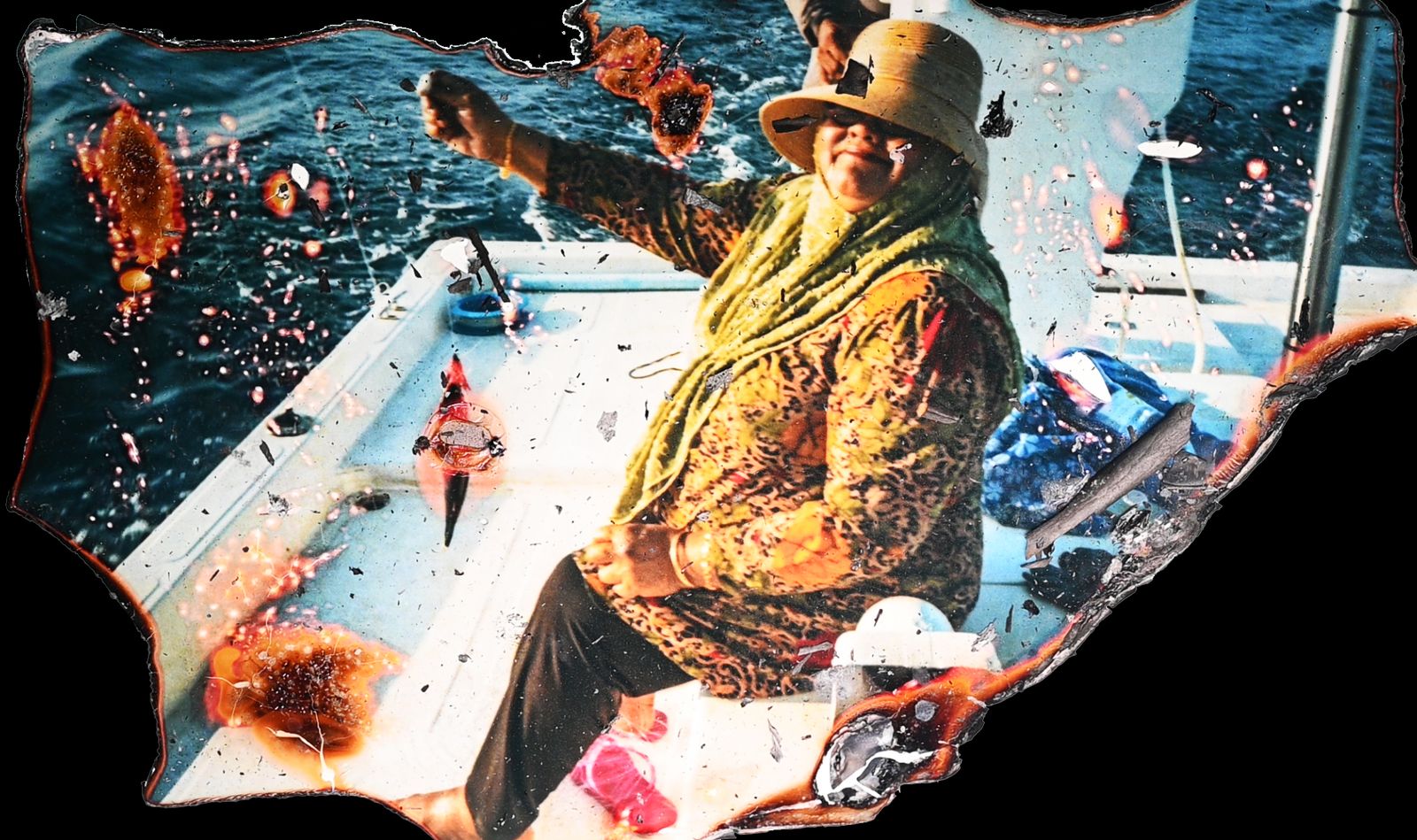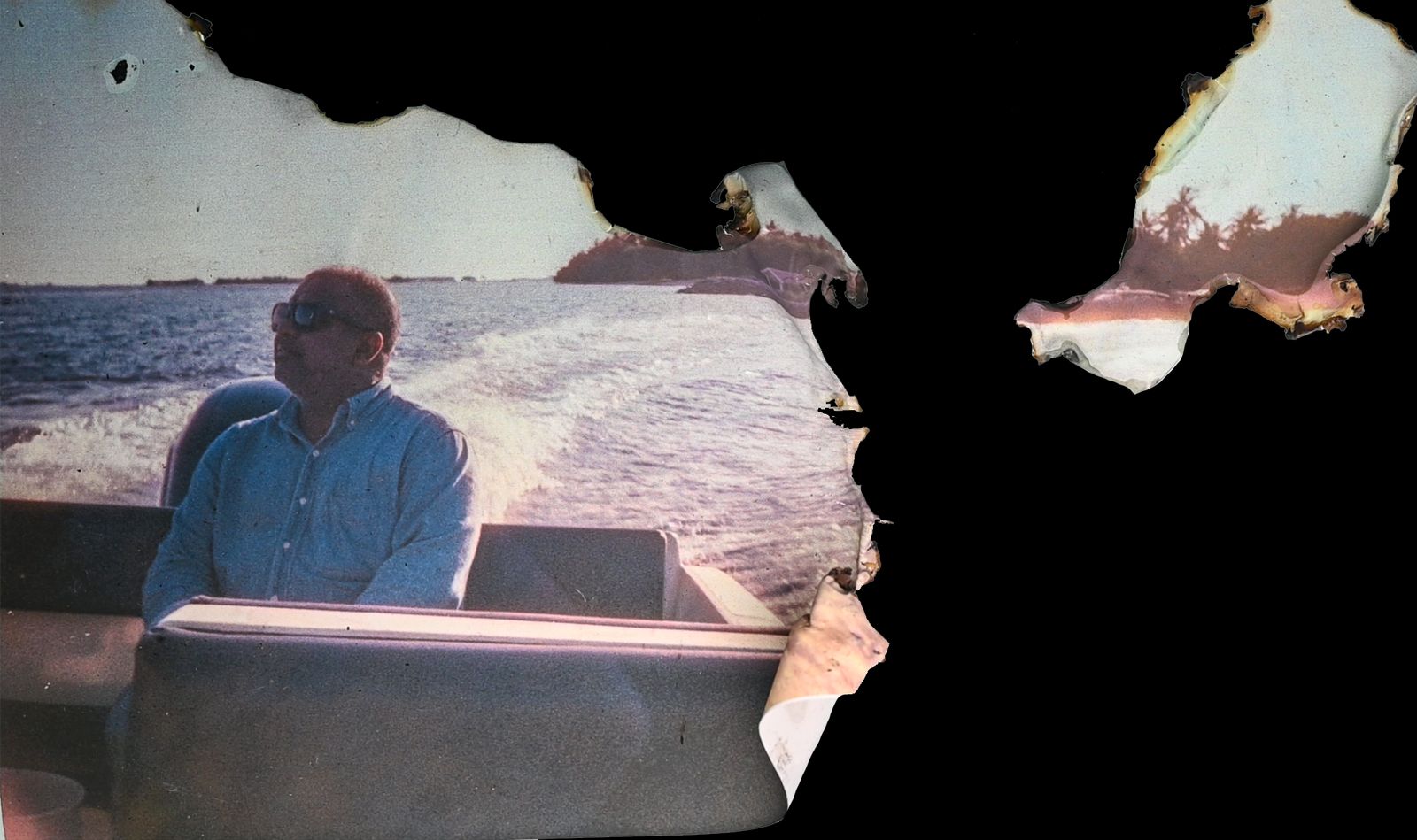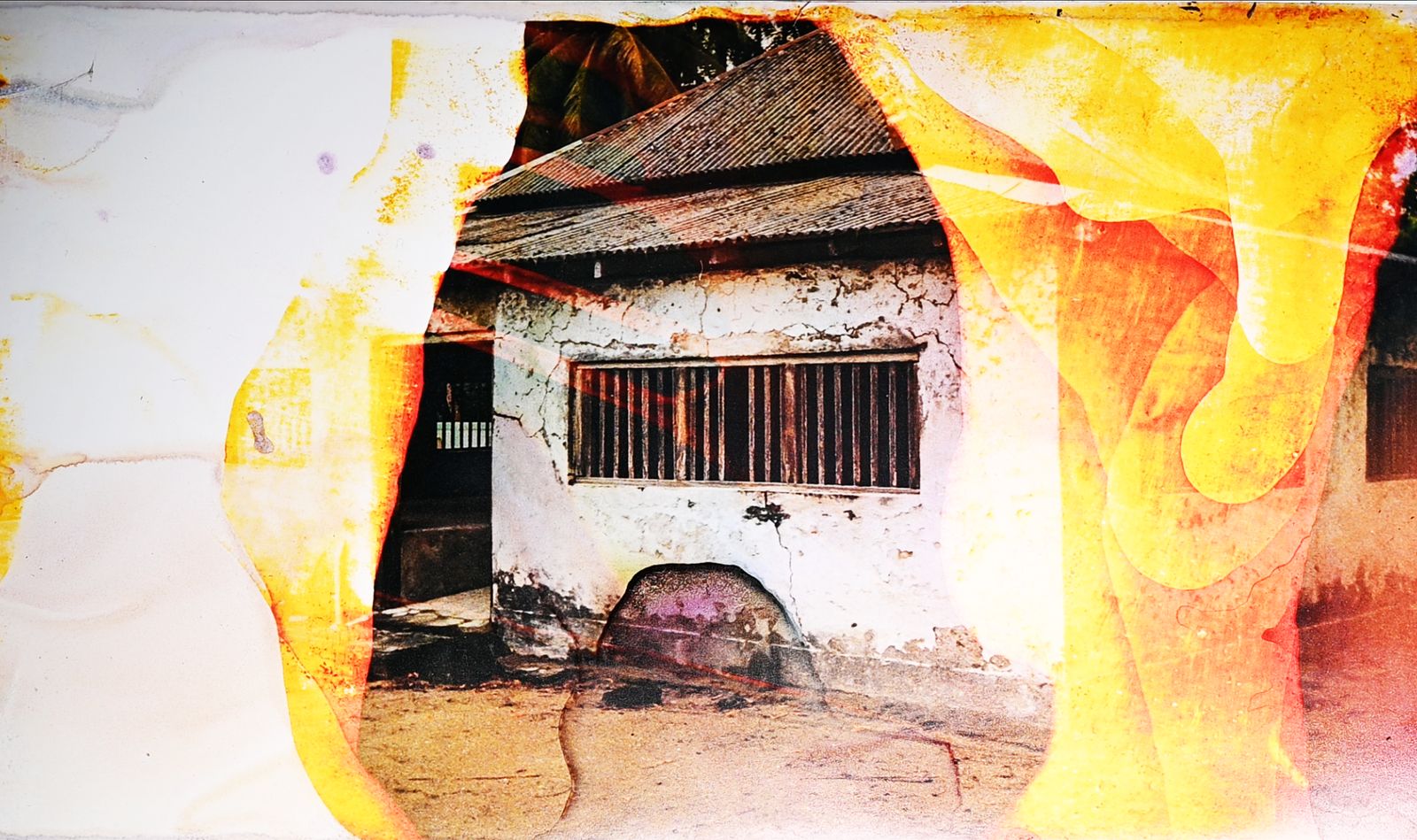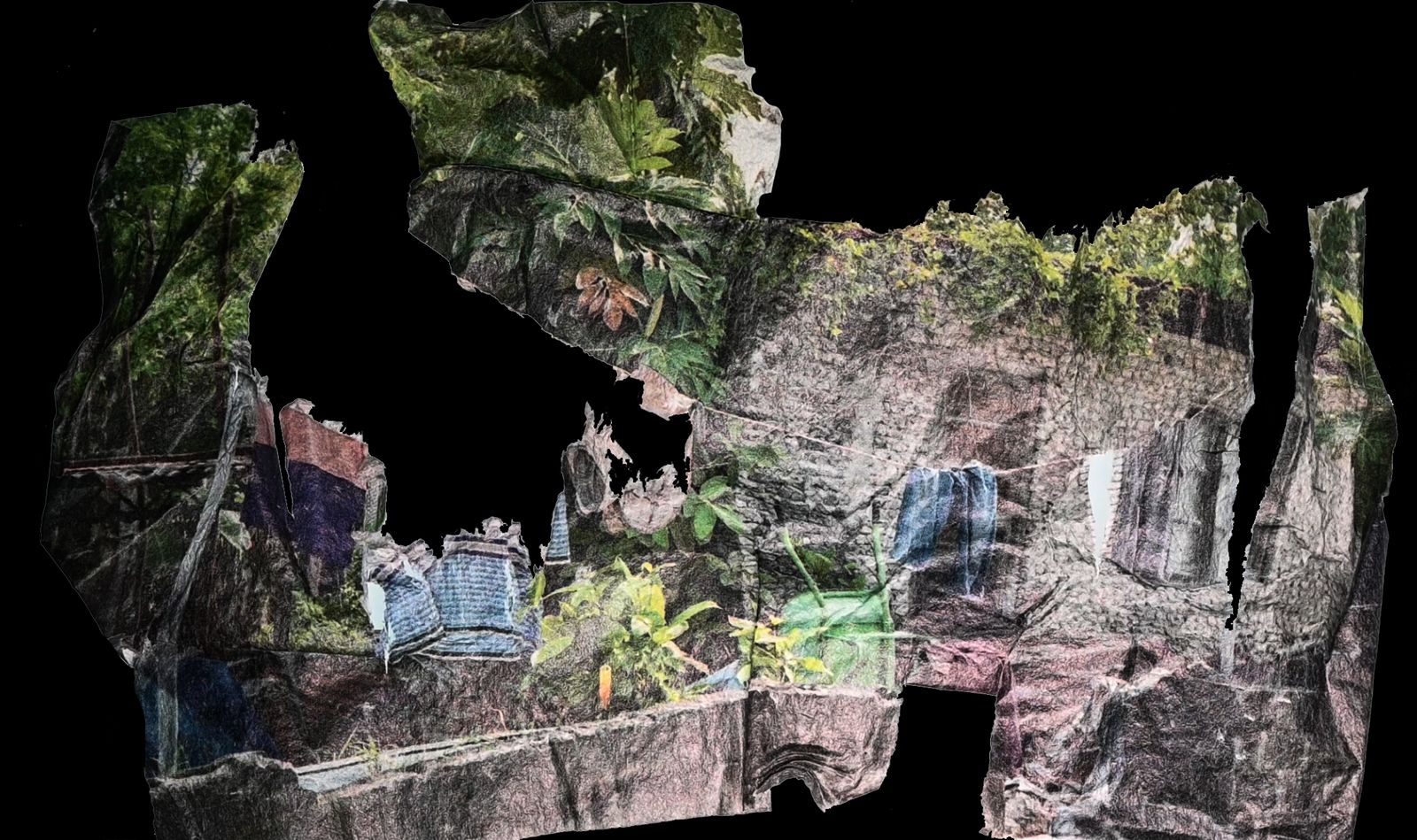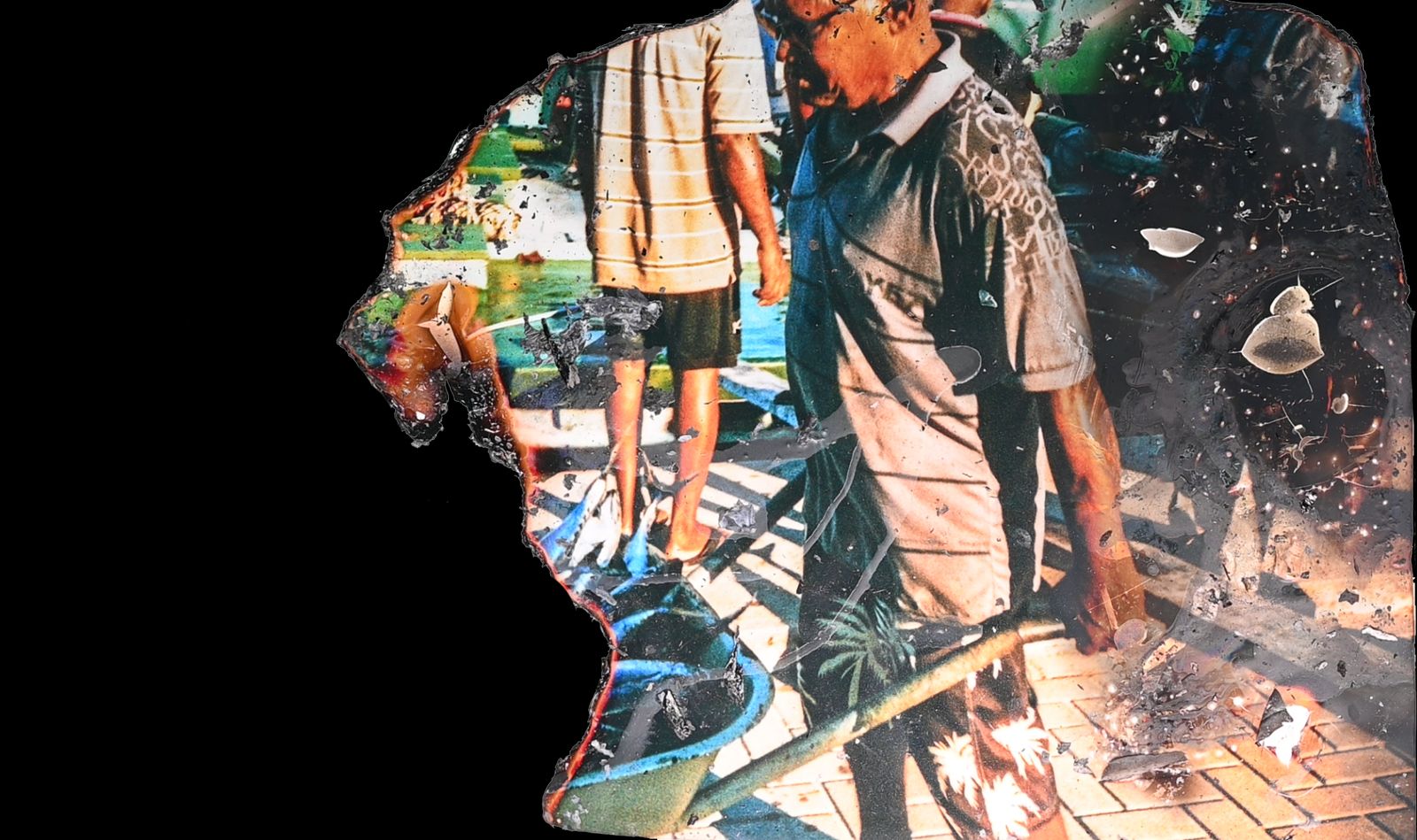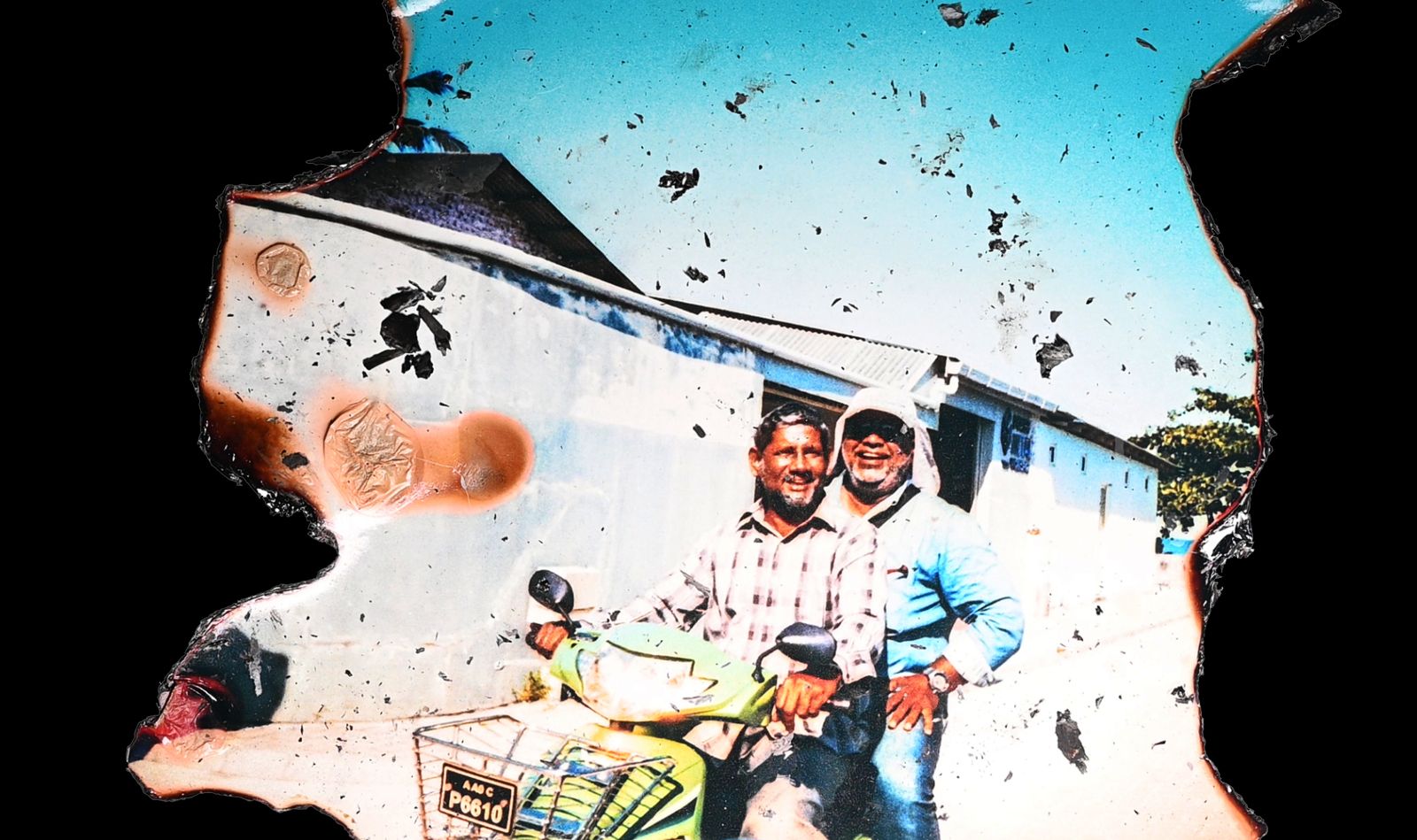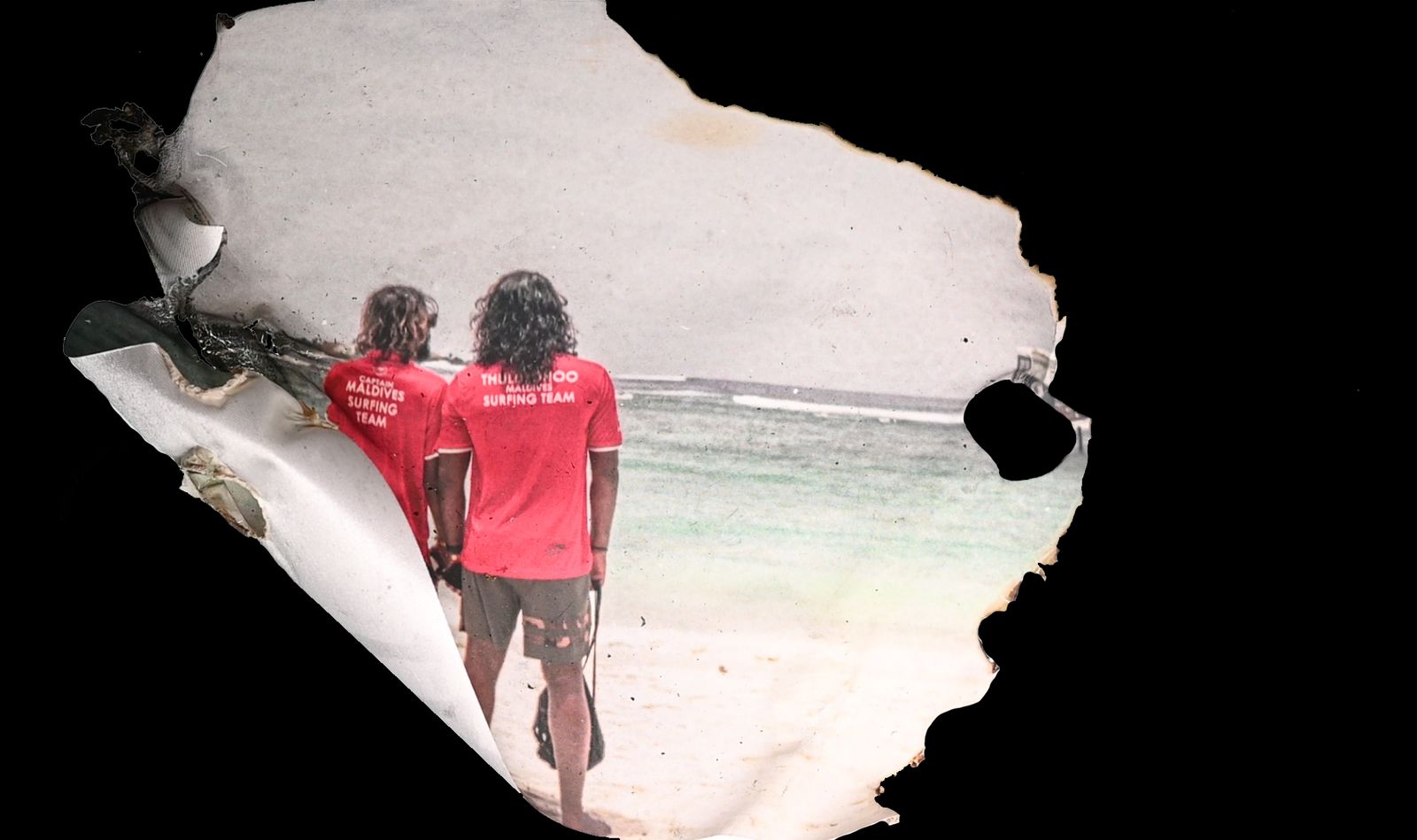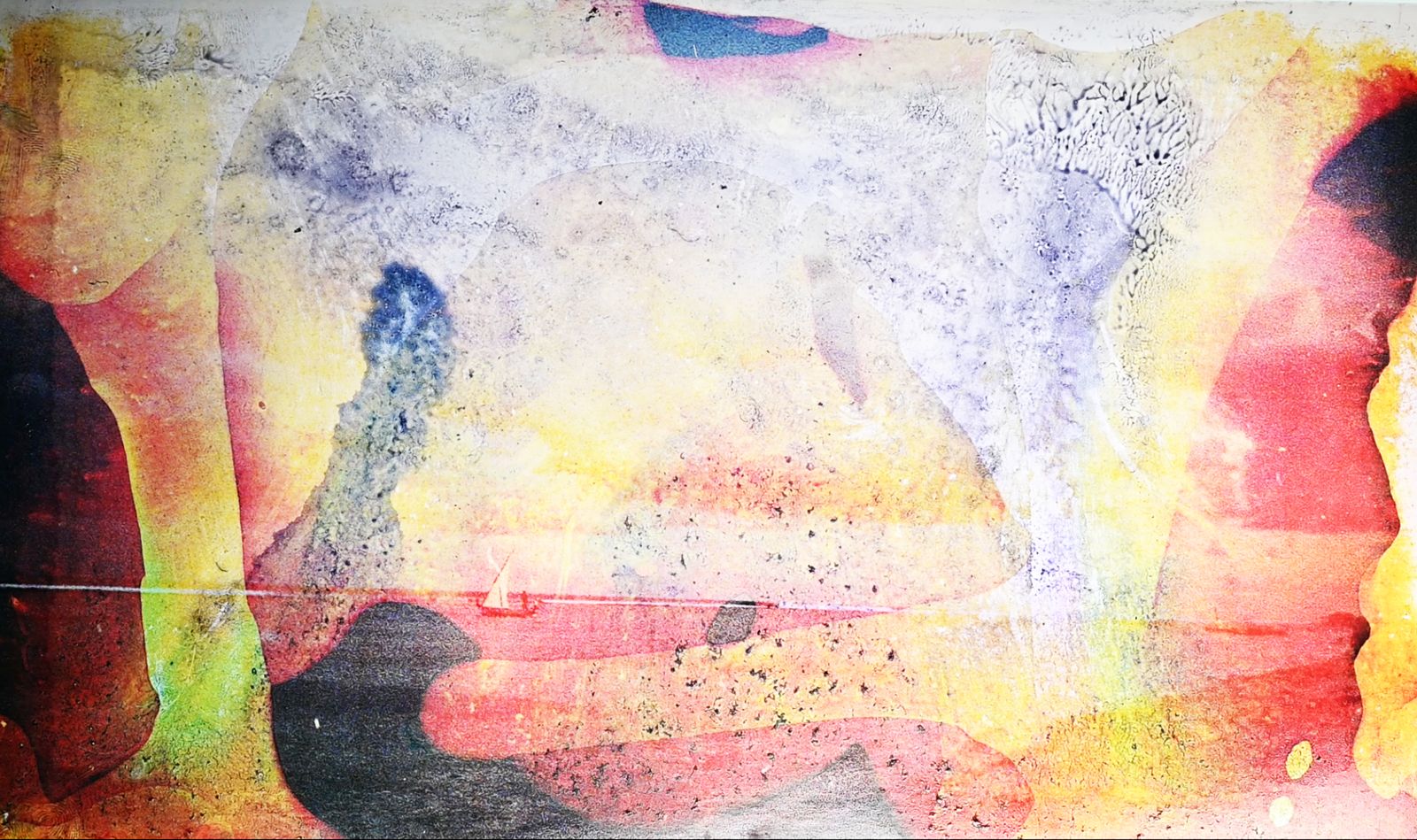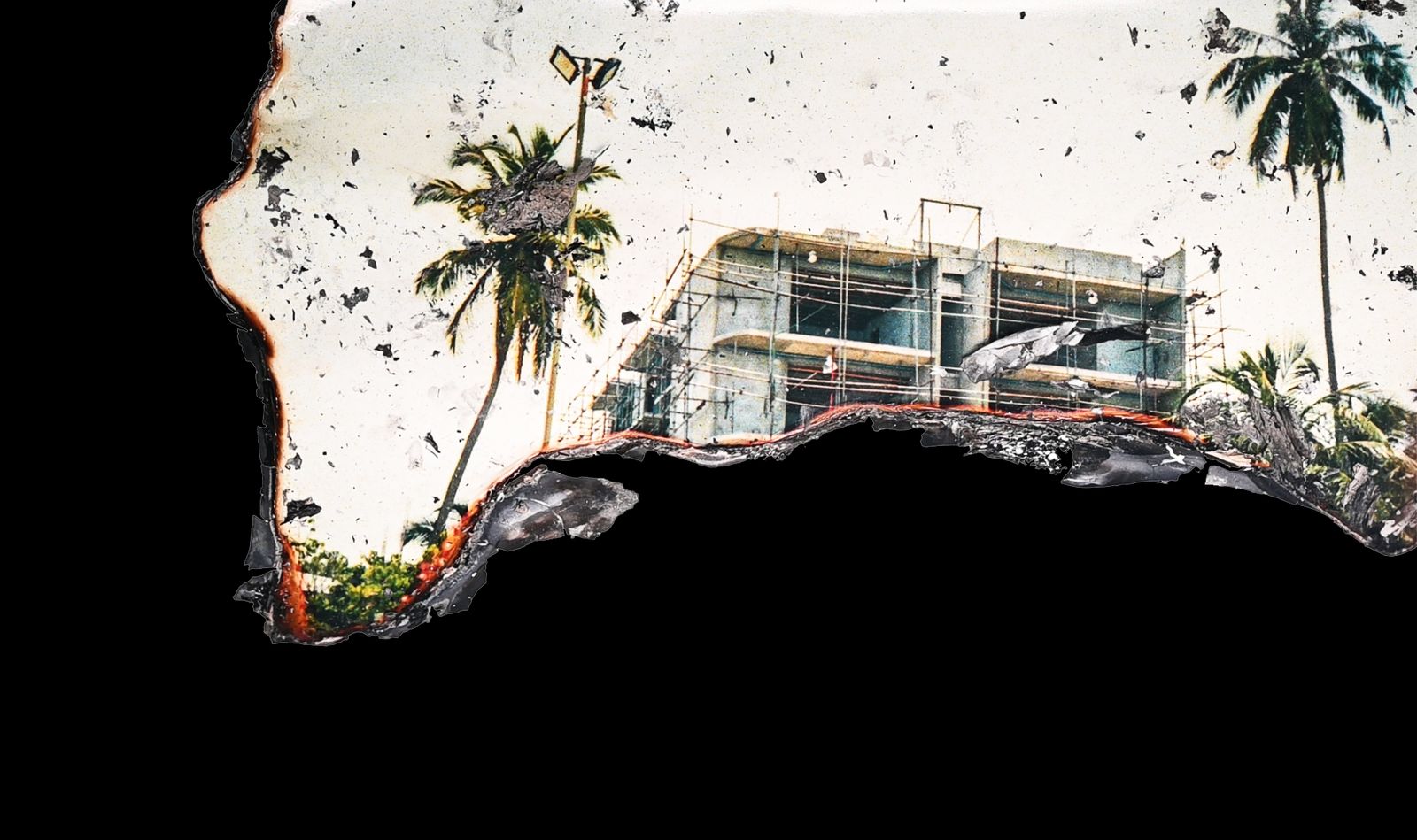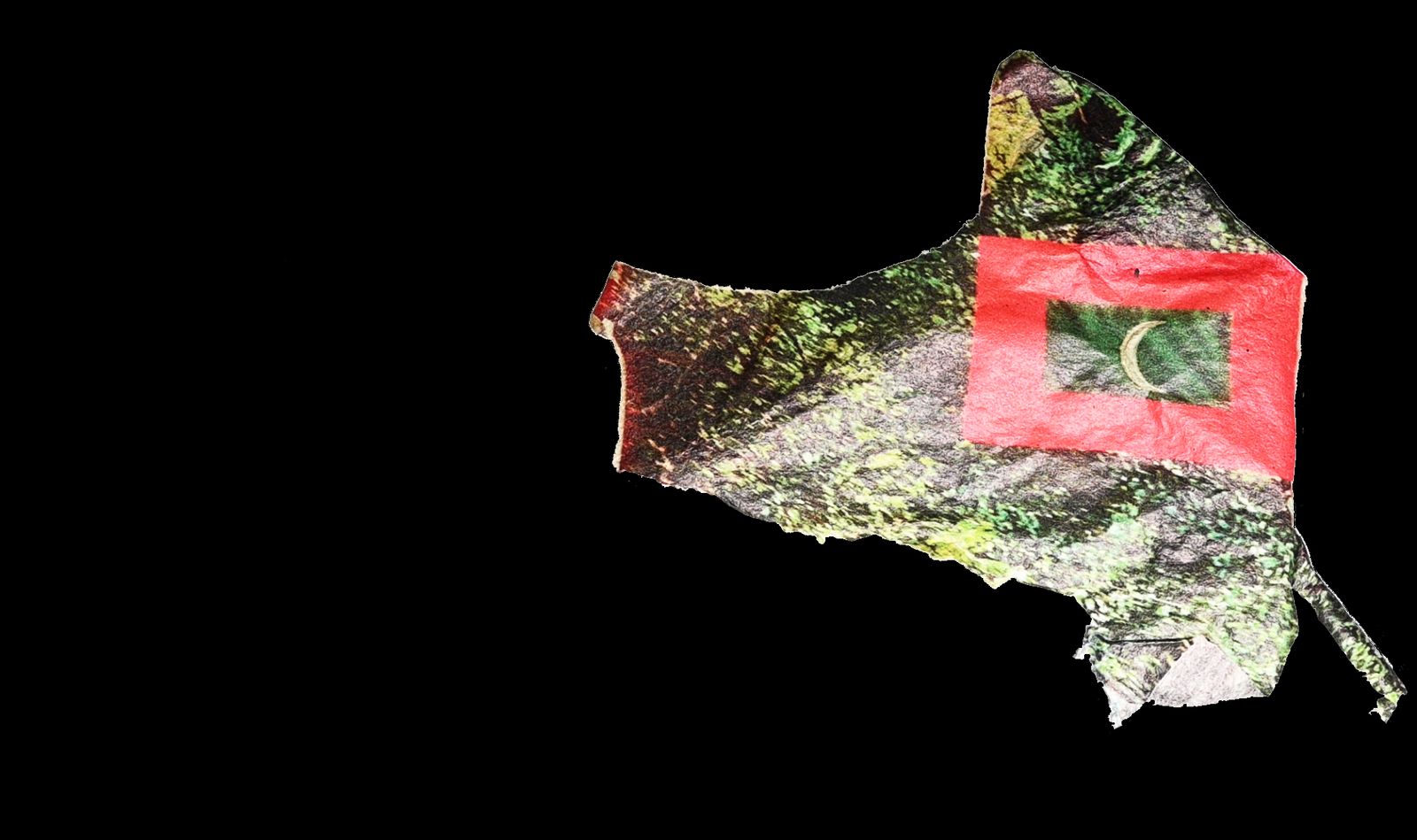Magey Raajje Nethidhanee (My Homeland Fades Away)
-
Dates2024 - Ongoing
-
Author
- Location Maldives, Maldives
The Maldives is a nation running out of time with the encroaching climate emergency. In the West, the potential loss of a luxurious tourist paradise is a minor casualty. But for Maldivians, it is a devastating catastrophe that will change lives forever.
‘What greater grief than the loss of one's native land.’ - Euripides, 431BC
People keep telling me how violent this body of work is. It always seems to be people who aren’t from areas under heavy threat from the climate emergency, who seem shocked at what I’ve done to photographs of my home, my friends, and my family. Visually beautiful photographs, that showed a side to the Maldives often unseen by outsiders. Why didn’t I stop at showing the true Maldives as it is for me and my community as our home?
But what is happening with the climate is incredibly violent, and island nations are especially at risk - we are the frontline victims fighting a losing battle against it.
What is happening to us is too urgent to ignore, especially with the current geopolitical discourse around climate shifting away from aiding us. In front of our very eyes, our coral reefs, the best protection we have against increasingly raging seas, are diminishing as more and more of them bleach to death. Our beaches are eroding, the very sand that we and our ancestors have walked on for centuries washed away as the waters rise and the weather worsens. The fish we eat is becoming harder and harder to source as our oceans change, and our natural freshwater sources are dwindling as the heat rises and rises.
As a people, we are so deeply connected with our unique island ecology and the ocean - it provides us with everything we need and has shaped our entire culture, making us into the very people that we are even to this day. If one day soon we have to flee, who will we be? Beyond the physical loss of our home, we fear our heritage disappearing with it under the waves too.
We are scared—scared of how we can be islanders without our islands, fishers without our fish, and Dhivehi without our Raajje*. After all, the Dhivehi word for the environment is ‘thimaaveshi’, part of which translates into ‘myself/identity'.
By continuing to document and archive our way of life, our special moments, and who we are, and then exposing my photographs to the physical effects of climate change, I hope that my project encapsulates not only the truly brutal nature of climate calamity but also invites others to understand the fear, rage, and grief that comes with the loss of who we are as a people.
Don’t look away, as the essence that makes us Maldivian fades away with our homeland. Know us and what is happening to us. And remember, what is happening to us will eventually happen to the whole world if we do not stop it.
*Dhivehi Raajje = Land of the Dhives (Dhives being the native people of the Maldives)
The first version of this project, submitted for my MA Final Major Project in 2024, was accompanied by a film, which can be viewed here.
The project is being continued over the next few years in the Maldives.
